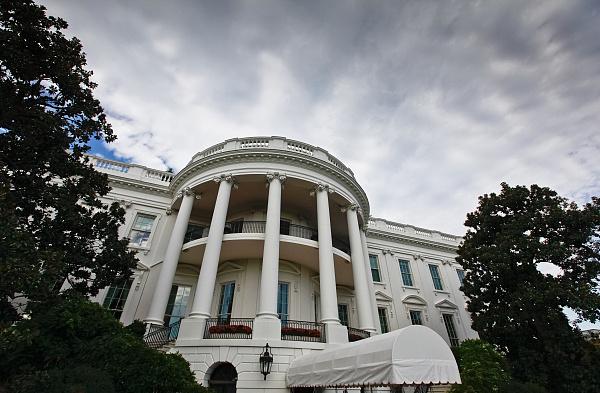
The UK officially joined the Comprehensive and Progressive Agreement for Trans-Pacific Partnership (CPTPP) on Sunday, December 15th, becoming the first European country to do so. This marks the largest trade agreement signed by the UK since Brexit, increasing its economic and diplomatic influence in the Asia-Pacific region.
According to a statement from the UK Department for International Trade on Sunday, the UK became the 12th member of the CPTPP, boosting the combined GDP of member countries to £12 trillion (approximately $20 trillion), accounting for around 15% of global GDP.
Formerly known as the Trans-Pacific Partnership Agreement (TPP), the CPTPP was initially launched by Chile, Singapore, New Zealand, and Brunei, with the United States later joining negotiations, expanding the participating countries to 12. In 2017, then-U.S. President Trump decided to withdraw the U.S. from the TPP, leading the remaining 11 member countries to reach a revised agreement in 2018 and renaming it the CPTPP.
As per the UK government’s declaration, starting Sunday, the UK’s trade with eight member countries, including Japan, Singapore, Chile, New Zealand, Vietnam, Peru, Malaysia, and Brunei, will be governed by the rules and benefits of the CPTPP; all these countries approved the UK’s accession before October 16th. The agreement between the UK and another member, Australia, will come into effect on December 24th, while the agreements with Canada and Mexico will take effect 60 days after each country’s respective approval of the UK’s accession.
This marks the first time the UK has secured free trade agreements with Malaysia and Brunei. Following its exit from the EU, the UK has signed trade agreements with other CPTPP member countries such as Australia, New Zealand, and Singapore, but the terms of the CPTPP are more favorable, especially in allowing companies greater flexibility in using the “rules of origin.” Unlike the EU, the CPTPP does not have a single market for goods or services, thus eliminating the need for regulatory coordination.
Jonathan Reynolds, the UK’s Secretary of State for Business, Energy, and Industrial Strategy, stated, “The UK has unique advantages to develop exciting new markets while strengthening existing relationships… Such agreements can facilitate trade and create opportunities for UK companies abroad. This is an effective way to support employment, raise wages, and drive national investment, key to achieving economic growth for this government.”
In the long run, the CPTPP is expected to bring about £2 billion (approximately $3.4 billion) in annual economic growth for the UK. While this is less than 0.1% of the UK’s GDP, in addition to the economic benefits, the UK will also have a say in deciding whether mainland China and Taiwan can join the CPTPP.
Costa Rica is the next prospective member of the CPTPP, and Indonesia is also seeking to initiate the membership process. Mainland China and Taiwan also wish to join the CPTPP, but due to thorny political issues across the strait, their applications have not yet been prioritized.
In a September analysis, the Economist Intelligence Unit pointed out that since the UK’s main trading partners are the United States and the EU, joining the CPTPP will have a minimal impact on the UK economy. The value of this move lies primarily in geopolitics, as “the UK will strengthen its economic and diplomatic presence in the Asia-Pacific region.”
The former Conservative government of the UK signed the application to join the CPTPP in July 2023, with then-Secretary of State for Business and Trade, Kemi Badenoch, describing it as the “largest trade agreement” for the UK since Brexit.
Now, the Conservative Party is the opposition, and Badenoch has become the leader of the Conservative Party. She attributed the UK’s accession to the CPTPP to the Conservative Party and warned the current Labour government, “Joining a trading group is just the beginning. The Labour party mocked our CPTPP negotiations in the previous parliament, and they now have a responsibility to ensure that UK businesses can fully leverage this landmark agreement.”








